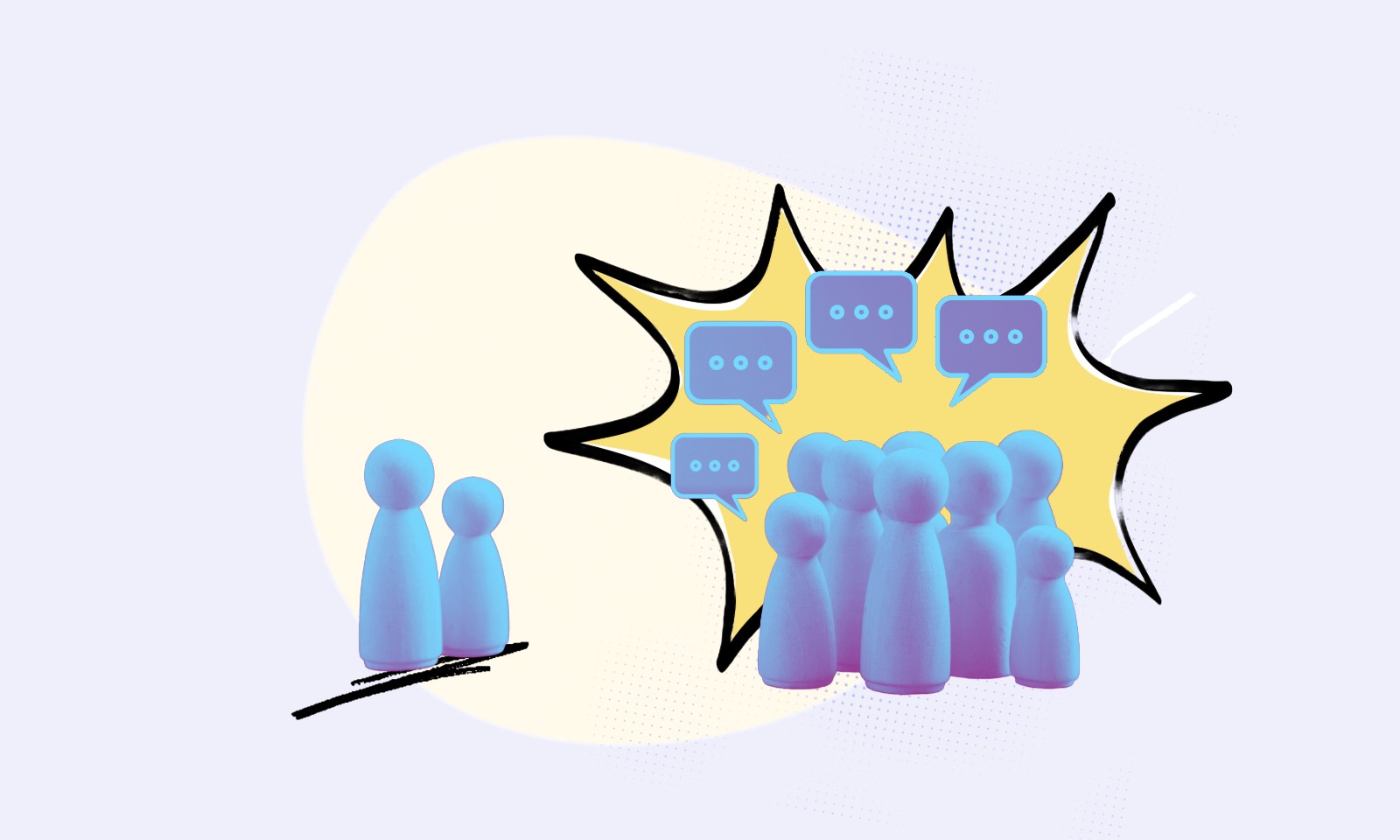24 Apr 2025
3
min read

Sophie Cherry
,
Brand and Marketing Manager
Recently, the CEO of Shopify, Tobi Lutke, made waves online with a bold statement:
"AI usage is now a baseline expectation"

And honestly? They’re not wrong.
Whether you're a content creator, marketer, entrepreneur, or just someone trying to write faster and smarter—AI tools are changing the game. The days of staring at a blinking cursor, waiting for inspiration to strike, are being replaced by lightning-fast brainstorming, instant drafts, and smart SEO suggestions. The truth is AI isn’t here to replace writers but it’s here to supercharge them.
In this post, we’re diving into how to use AI the right way for content creation in 2025.
What is AI-powered content creation, anyway?
AI writing tools like ChatGPT, Jasper, and Copy.ai are powered by advanced language models trained on billions of data points. Basically, they’ve read the internet so you don’t have to.
These tools can:
Suggest blog post ideas
Write product descriptions
Generate social media captions
Help with SEO keywords
But each tool has its strengths. ChatGPT is super flexible and conversational. Jasper is laser-focused on marketing and brand voice. Copy.ai is quick and to the point, great for ads and social posts. Here’s a quick guide so you can choose the right tool for you:
Tool | Best For | Features |
|---|---|---|
ChatGPT | Everything | Great at conversations and Q&A |
Jasper | Marketing, brand voice | Templates, tone settings, SEO tools |
Short-form content | Easy to use, fast output | |
Writesonic | Long-form, blogs | Affordable, multilingual |
Sudowrite | Fiction, storytelling | Creative boost for writers |
AI isn’t replacing writers it’s backing them up
AI isn’t here to steal your job. It’s here to save you time.
Think of it like a smart assistant that helps you:
Break through writer’s block
Crank out a rough draft in minutes
Polish your ideas into clear, concise messaging
The human part your voice, your ideas, your storytelling—still matters most. AI just gets you there faster.
How to write with AI
Here’s a beginner-friendly workflow to write with AI, from blank page to publish:
1. Brainstorm with Prompts
Ask ChatGPT something like:
"Give me 10 blog post ideas about sustainable skincare."
You’ll be surprised how much creative fuel that gives you.
2. Generate a Draft
Once you’ve got an outline, plug it into Jasper or Copy.ai to generate the body of your post.
3. Edit like a human
Here’s where you shine. Rewrite awkward phrases, add personality, fact-check stats, and make sure it sounds like you, not a robot.
4. Optimise for SEO
AI tools can help you find keywords, write meta descriptions, and structure your content for readability.
5. Final polish
Run your piece through Grammarly, Hemingway, or even ask ChatGPT for a rewrite with a specific tone (e.g., “make this more casual”).
Watch out for these common AI mistakes
AI isn’t perfect. Some pitfalls to avoid:
Copy-paste temptation – Always edit. AI content can be vague or repetitive.
Lack of originality – Make sure your voice still shines through.
Fact errors – AI occasionally makes stuff up (yep, that’s a thing).
Emoji overload - Sloppy emoji use punctuating your social captions screams AI copy and paste - use the rule of three.
Repetitive sentence structure - AI often use the sentence structure of ‘X:Y’, ask yourself can I make this a full sentence?
Pro Tip: Add your own data, insights, or personal anecdotes to make the content truly unique and valuable.
AI + SEO = Content power couple
Here’s how AI helps your content rank:
Suggests keyword-rich titles and headings
Improves structure for readability
Generates SEO-friendly meta descriptions
Can even recommend internal links and FAQs
Remember Google still loves quality. Don’t sacrifice clarity or value for keyword stuffing.
What about copyright and ethics?
AI-generated content raises a few important questions:
Who owns the content? Generally, you do but check the tool’s terms of service just in case.
Do you have to disclose it’s AI-written? Not legally (yet), but transparency builds trust.
Can AI spread misinformation? Absolutely. Always double-check facts and sources - ask your AI tool where it got it stats from.
Bottom line: Use AI ethically. Let it assist, not mislead.
Final thoughts: Use AI as your creative sidekick
AI isn’t a magic wand. The best results come when you combine machine efficiency with human creativity. So whether you're blogging, marketing, scripting a podcast, or writing your next viral tweet—AI tools can help you work smarter, faster, but don’t rely on them to replace your creativity.








